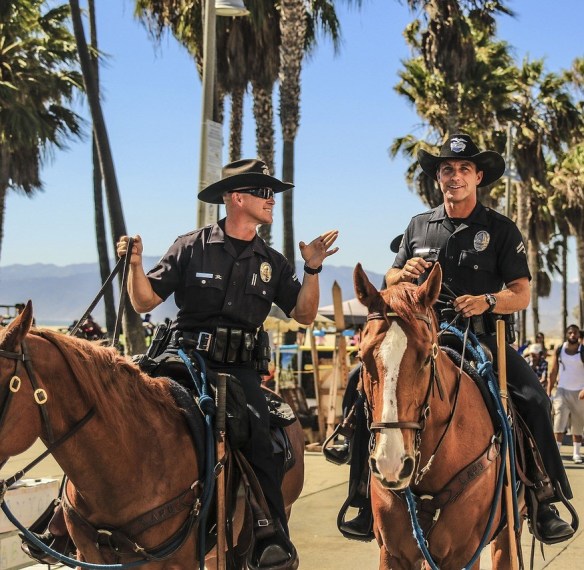
Criminal lawyer Repo Kempt wrote an interesting column for LitReactor a while back, “Cops Don’t Talk Like That!” Convinced I’m prey to every bad writing habit going, I read it carefully. I also joined the Public Safety Writers Association, comprising retired cops, FBI, EMTs, military, fire fighters and people who write about them—a great group generous in reviewing members’ ideas and words. They’re my insurance policy against cliched portrayals of law enforcement!
In his column, Kempt emphasized that good dialog is one of the best ways to make law enforcement characters believable. And he offered a tip: listen in to actual police radio frequencies to get a feel for it, or listen to podcasts with actual police from different parts of the country talking about their cases, as there are significant regional differences in jargon. “Figure out where your story is set, and tune into law enforcement transmissions or podcasts in that area.” Works for a story set in the 2020s, anyway.
“Good dialog” is hard to achieve when we’re exposed to a lot of lousy, formulaic dialog from television and movies—and, yes, books. In a display of lazy writing, a lot of writers rely on cliched personalities and behavior to save them the trouble of figuring out something new. For example the cliché of the troubled alcoholic detective doesn’t require a lot of writerly delving; we’ve seen it so many times, we already sort of “know” this character. The author is cheating readers out of getting to more meaningful, nuanced and fresher insights when relying on that trope, or the one where an older cop is near retirement (guilty!) or a jaded veteran is teamed with an idealistic young rookie, or the cop is fighting a custody battle. These are not constant topics of conversation.
Gallows humor between partners or in the squad room is another standby. Some authors—John Sandford (admittedly, I’ve only read one of his) and Tami Hoag—do this very well. A UK author I read recently turned this plus into a giant minus by making every cop statement a launchpad for another cop’s snarky comment. Truly clever comments are appreciated. Reflexive snark becomes tiresome. As one of Kempt’s interviewees said, “Real police dialogue is more normal.”
Believable dialog added a lot to author SA Cosby’s latest, All the Sinners Bleed. The Black sheriff of a rural Virginia county is juggling a lot of difficult issues—racism, a cluster of child murders, a badgering county commissioner. Cosby’s sheriff and his team each have a distinct, convincing personality. I’m especially aware of this because I listened to the audio version ably narrated by Adam Lazarre-White.
In 400 Things Cops Know, author Adam Plantinga points out that cops don’t scream at suspects in the interview room and includes the advice to new officers, “If the public screams at you, don’t scream back. Because if they piss you off, they own you.” In other words, you have to stay (or at least appear) emotionally uninvolved, no matter what. A scene in the last episode of Unforgotten (season 5) violated that principle and didn’t ring true to me. A character made a (self-justifying) confession, and the detective interviewer, not persuaded, slow-clapped his performance. Perhaps she didn’t believe him, but the slow-clap seemed not something a senior officer would do.
And what about grammar? Plantinga says, “Even if you pride yourself on speaking the King’s English, as a cop, your vernacular will soon regress to match that of those you encounter. . . . Hearing mangled diction is the linguistic backdrop of your day and eventually you yield to it.” He quotes Tom Wolfe’s Bonfire of the Vanities: “In a room with three people who said She don’t, he couldn’t get a doesn’t out of his mouth.”

This one contains some good points about writing dialogue, and especially capturing the cop vernacular of different regions. Thanks for plugging the PSWA.